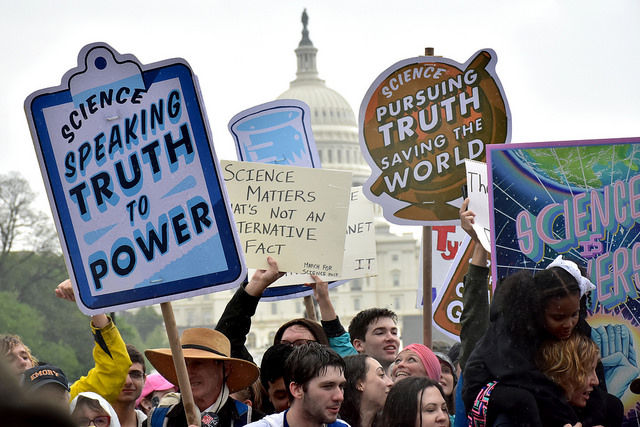Dana Cloud’s marvelous new book provides just the sort of deep understanding and practical guidance needed for thoughtful and effective political engagement in the Trump era. In three fascinating case studies, Cloud demonstrates the impotence of naked facts and the power of mediation. First, she compares the cases of Chelsea Manning and Edward Snowden, both of whom leaked classified information in acts of patriotic resistance. Second, in a chapter on the 2014 television series Cosmos, Cloud seeks to explain the show’s enormous rhetorical power. Third, Cloud compares the revolutionary rhetoric of Thomas Paine’s Common Sense to that of the Black Lives Matter and Occupy movements. As we live through the devastation wrought by a Trump presidency, as we seek to make sense of it all in our scholarship and our classrooms, as we resist his attempt to reengineer of reality and search for ways to reassert our own reality, the reality of the people, Reality Bites comes not a moment too soon.
Keyword: truth
“Truth” in the Age of Trump
Cultural studies scholars have a long history of problematizing the concept of truth. Today, however, many on the left have turned to the tactic of calling out Trump’s lies, enumerating them, fact-checking them, and countering them with contrary evidence. While well-intentioned, dependence on calls for fact-checking and slogans that proclaim allegiance to science without acknowledging the cultural and social factors that affect knowledge production risks reifying some of the problems that early cultural studies scholars rightly highlighted. This essay argues, ultimately, that cultural studies scholars, activists, teachers, and critical theorists should resist the urge to set down the tools of critical theory but instead to apply them with abandon to Trump, his policies, and, perhaps most importantly, to ourselves.

